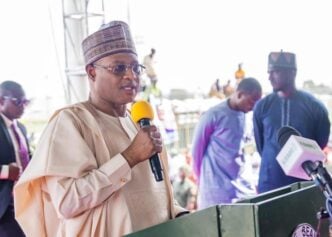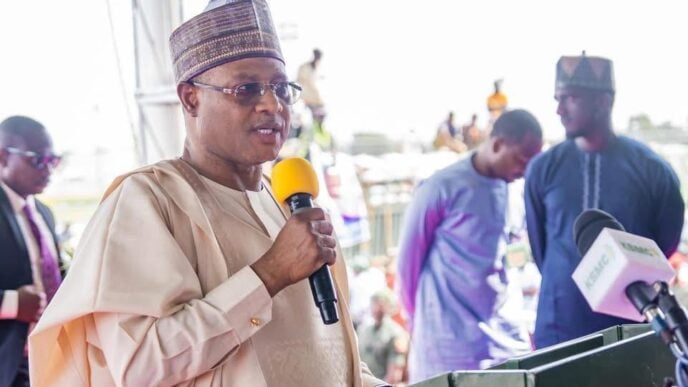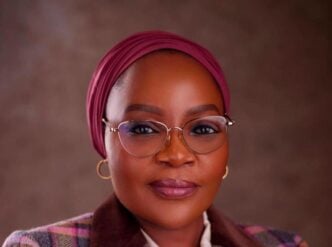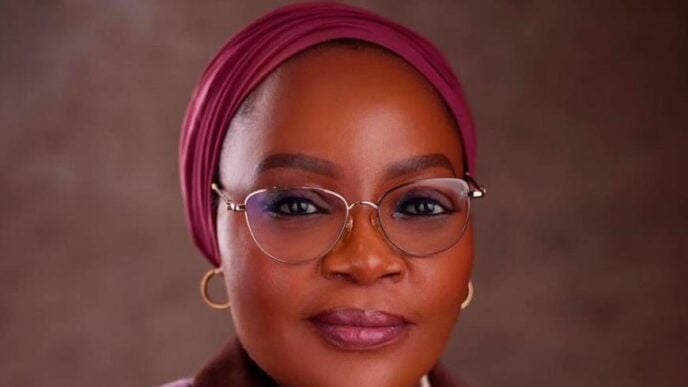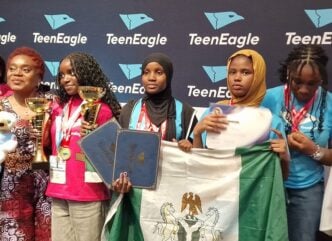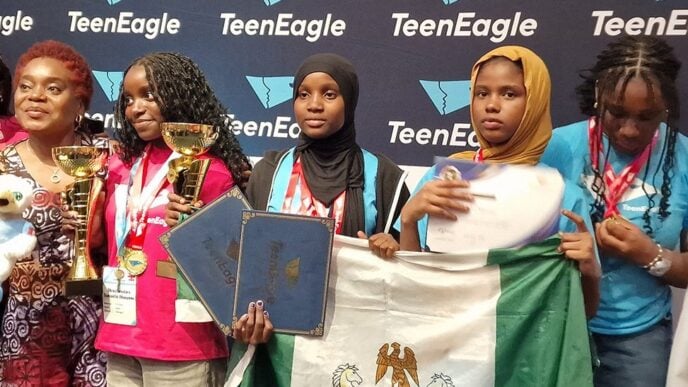BY ARABA OLAWOLE OLAKUNLE
In the noisy corridors of Africa’s development discourse, one truth remains astonishingly ignored, and that is the fact that Africa’s future cannot be sustainably built on colonial blueprints. For Nigeria, the continent’s most populous and culturally diverse nation, this is more than an intellectual debate; it is a policy emergency.
At the heart of Nigeria’s governance crisis lies an epistemic fracture: the systematic dismissal of Indigenous Knowledge Systems (IKS) from the business of nation-building. From our classrooms to our courtrooms, our farms to our pharmacies, what is African has been marginalised. In the temples and sanctuaries, in oral verse and divinatory logic, Africa has always carried a codified system of knowledge, science, jurisprudence, and governance. And yet, hidden in plain sight, are wisdom traditions like Ifa, a Yoruba knowledge system refined over millennia, holding answers that modern models often struggle to provide.
This system of wisdom is not merely spiritual folklore; it is a living policy compass. It is Africa’s ancient algorithm. Ifa teaches us that knowledge must be balanced, tested through lived experience, and aligned with universal harmony. That is why a policymaker who understands Ifa does not only legislate by consensus, but by consequence. In Ifa, the leader consults not only data but divine wisdom. Therein lies its power.
Advertisement
Ifa: Yoruba’s Ancient Algorithm
For too long, Ifa has been reduced in public imagination to mere divination or mysticism. But scholars, practitioners, and tradition bearers know better. Ifa is a sophisticated epistemological system that contains frameworks for ethics, ecology, leadership, justice, gender roles, health, and even intergenerational governance. It is a poetic archive of African thoughts and an intellectual asset that deserves its place in 21st-century policy design.
In Ifa, governance is not merely the execution of power, but the alignment of decisions with cosmic order, communal harmony, and ancestral instruction. It teaches that leadership must be both intuitive and deliberative, grounded in consequence, not just consensus. This is wisdom African nations can no longer afford to ignore.
Advertisement
Why Indigenous Logic Must Shape Modern African Policy
Nigeria’s national curriculum, legal system, economic philosophy, and even religious attitudes were inherited wholesale from colonial regimes. Our educational policies are largely adapted from missionary paradigms, favouring Western metrics of literacy while excluding the very knowledge systems that civilised Yoruba, Igbo, Hausa, Bini and other societies for centuries.
Ifa, particularly texts like Odu Irosun Meji, warns of the dangers of blind imitation and the erosion of cultural sovereignty. Again, these are not abstract philosophies; they are policy alerts from our ancestors.
How Ifa Can Shape Nigerian Policy Reform
Advertisement
-
Education and Curriculum Design
Integrating Yoruba Religious Studies and Ifa logic into Nigeria’s basic education system is not about romanticising the past. It is about teaching students’ critical thinking, environmental ethics, historical consciousness, and cultural literacy. It will decolonise our education system and offer an Afrocentric worldview that strengthens identity and pride. -
Justice and Dispute Resolution
Before colonial courts, Yoruba societies practised restorative justice through elders, diviners, and community dialogue. Ifa’s principles of ogbon inu (inner wisdom) prioritise reconciliation, truth, and social balance; these are elements sorely missing in today’s adversarial justice system. A hybrid judicial framework that respects indigenous wisdom can reduce legal alienation. -
Environmental and Agricultural Policy
Ifa contains detailed ecological knowledge, seasonal calendars, and sustainable land-use ethics. These insights are crucial in an era of climate crisis. Nigeria’s agricultural and environmental strategies must weave in these ancient blueprints that are proven to be more in tune with nature than many imported, industrial solutions. Our climate response strategy must also include indigenous science from Ifa and other African oracles. -
Health Systems Integration
Ifa-based medicine doesn’t just treat symptoms; it addresses the spiritual, psychological, and social dimensions of illness. Rejecting this tradition as unscientific is a disservice to holistic healing. Nigeria’s health policy must create room for integrative systems that combine the best of biomedicine with validated traditional practices.Advertisement
Leading a New African Renaissance
Nigeria stands at a unique crossroads. With over 250 ethnic nationalities and a rich history of precolonial governance, it can lead the continent in reclaiming Indigenous Knowledge Systems as assets—not obstacles.
Advertisement
∙ The Nigerian Educational Research and Development Council (NERDC) must approve indigenous frameworks like Ifa as part of the academic canon.
∙ The Ministries of Culture and Foreign Affairs must champion Yoruba and other indigenous epistemologies as global soft-power tools, not as folkloric distractions.
Advertisement
∙ Nigeria must explore Spiritual Diplomacy, sending trained traditional scholars to global cultural, environmental, and religious forums to represent Africa’s sacred wisdom.
To reform Africa without African knowledge is to build a mansion on borrowed sand. Ifa is not superstition, it is science encoded in poetry, governance distilled in parable, and policy encrypted in memory.
Advertisement
As Nigeria seeks to tackle youth disenfranchisement, climate instability, public health, and moral decay, we must recognise that the answers may not always lie in foreign textbooks. Sometimes, they lie in ancient verses, awaiting interpretation.
Let Nigeria rise, not by abandoning tradition, but by proving that tradition can power innovation, dignity, and sustainable governance.
This article is inspired by my continuous work at the School of Ifa and Orisa Studies, registered as Ifa and Orisa Foundation, a cultural think tank dedicated to restoring the dignity, relevance, and contemporary value of Africa’s spiritual intelligence. This is not revivalism; it is restoration, for our future depends on it.
Araba Olawole Olakunle ‘MKO is a priest, cultural diplomat, curator – School of Ifa and Orisa Studies, and founder, Priests.Africa
Views expressed by contributors are strictly personal and not of TheCable.




